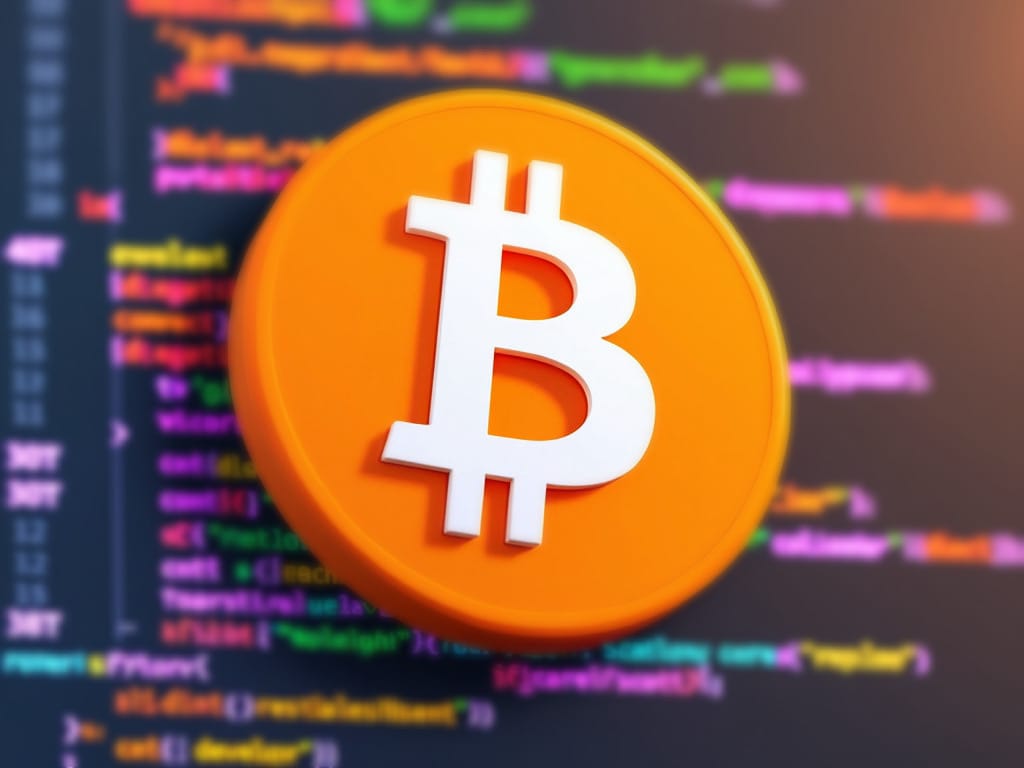Bitcoin.org Owner Cobra Warns on Upcoming Bitcoin Soft Fork in 2025

The anonymous persona “Cobra” has once again sparked a wave of speculation and debate. Known for his role as the owner and maintainer of the Bitcoin.org domain, Cobra has recently alerted the Bitcoin community about a significant development on the horizon: a user-activated soft fork (UASF) planned for 2025. This announcement has not just stirred the pot but might very well set the stage for another major schism within the Bitcoin ecosystem.
Cobra's warning posted to X, where he expressed concerns that not enough attention was being paid to this looming change. According to him, a group of Bitcoin users, disconnected from the Bitcoin Core development team, are gearing up to introduce this soft fork. The proposal in question revolves around Check Template Verify (CTV), a feature proposed in Bitcoin Improvement Proposal 119 (BIP 119) by Jeremy Rubin. CTV aims to introduce what are known as 'covenants' to Bitcoin, essentially setting conditions under which bitcoins can be spent from specified wallets.
Some Bitcoiners are going to attempt to soft fork in CTV through a UASF sometime in 2025. Developers (outside of Core) are working right now on the code and activation parameters. Not enough people are paying attention to this.
— Cøbra (@CobraBitcoin) November 30, 2024
The Implications of Covenants
Covenants could potentially revolutionize how Bitcoin transactions are handled by introducing mechanisms like vaults. A vault in this context would act as a cold storage address where bitcoins are held with strict spending conditions, compelling users to send transactions to a single, pre-determined wallet. This setup also includes the ability to cancel these transactions before they are executed, providing a safety net against errors or malicious activities. However, this innovation isn't without its controversies. The primary concern revolves around fungibility. Bitcoins locked into such systems might be viewed as less valuable or less liquid, potentially skewing the perception of Bitcoin's universal interchangeability.
The addition of new code to manage these covenants could open up vulnerabilities. Increasing the complexity of Bitcoin's codebase might invite attacks that exploit these new features, raising questions about the network's security post-fork.
Despite these risks, the decision to adopt such changes through a UASF means it's ultimately up to the broader community to decide its fate. This approach to blockchain governance underscores Bitcoin's decentralized nature but also highlights the community's ongoing debate about the direction Bitcoin should take. Some see covenants as a necessary evolution for enhancing security and functionality, while others view them as an unnecessary and potentially destabilizing addition, driven more by developer enthusiasm than community consensus.
Cobra's insights into the matter also touch on legal risks, noting that such forks might now come from anonymous devs outside Bitcoin Core due to potential litigation issues. This reflects a broader narrative in Bitcoin's history where innovation often comes with conflict, pitting those advocating for change against those who prefer the status quo or 'ossification' of the current system.
As 2025 approaches, the Bitcoin community finds itself at a crossroads once again, debating not just the technical merits of this proposed soft fork but also the philosophical underpinnings of what Bitcoin should become. With Cobra's warning, the stage is set for a year of intense discussion, potential division, and perhaps, significant evolution in the Bitcoin protocol.

